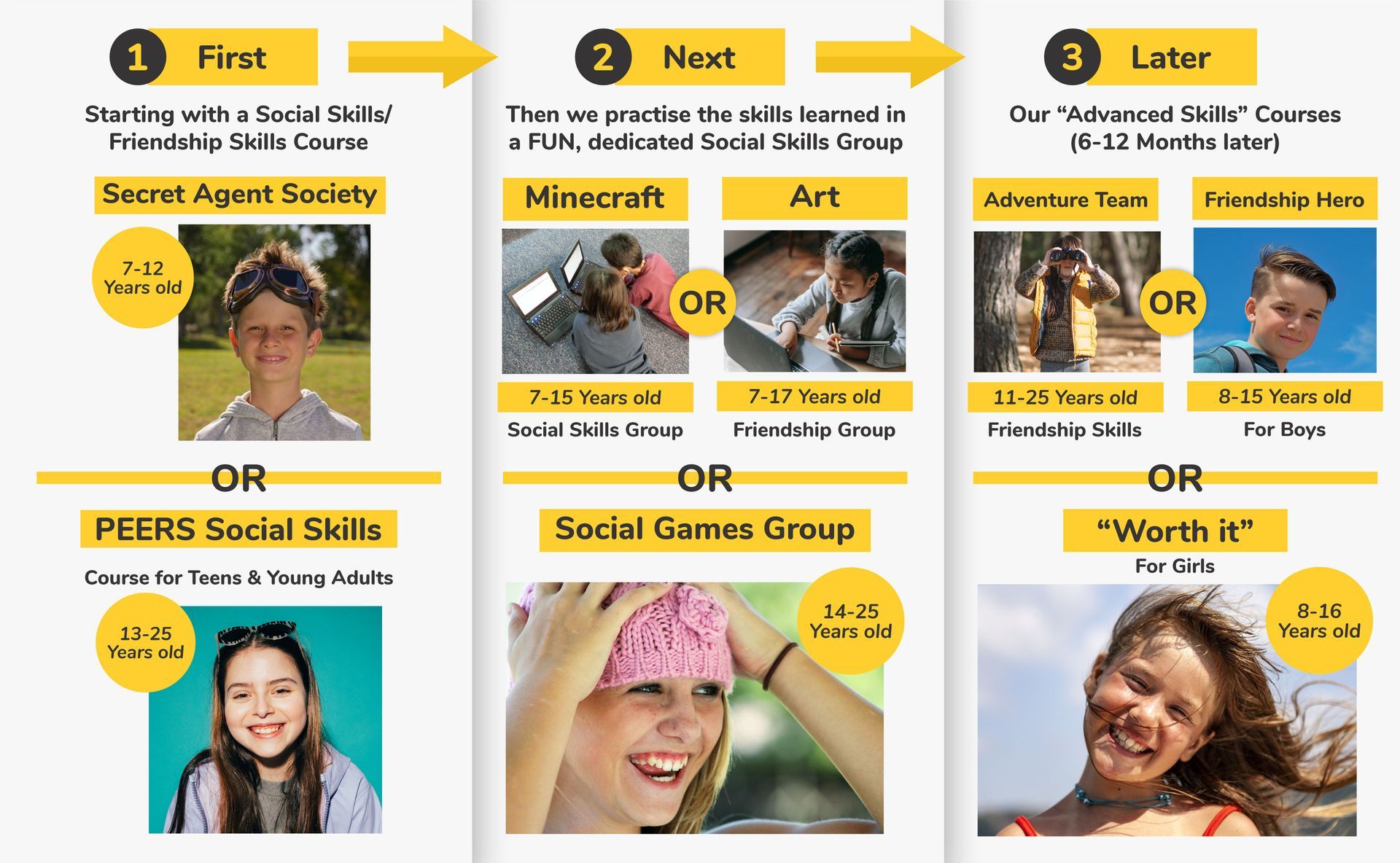AUTISM Tip: How To Get Real Support From Your Child’s School & Teacher

Sound familiar? Here’s a conversation/email/text message I have with parents most weeks…
Hi Michael,
My daughter’s teacher doesn’t seem to care that she feels stuck and lost all day at school. She has meltdowns that could be prevented if the teacher would just check in on her and make sure that she is coping. How do I help her teacher to ‘get it’?
Rebecca.
Hi Rebecca,
Sometimes parents see that their child’s teacher is less than cooperative or less than helpful.
My background is that I’ve spent 2 decades as a classroom schoolteacher and let me show you what it’s like for your child’s teacher…
Most teachers have only a hazy idea at best of how your child experiences the world.
All they see each day is that your child is responding in ways that hurt themselves and others socially, but most teachers can’t understand the reasons why.
So your job as a parent is to help your child’s teacher understand what it feels like for your child in different situations.
- For example, what are the triggers to your child feeling overwhelmed?
- What is it like for your child to be sitting directly under bright lighting or in a loud or crowded environment?
- How does it feel when the anxiety levels skyrocket?
- How does it feel for a child who is extra-sensitive to physical sensations when they have to wear a tight collared shirt and a tie?
Once your child is teacher understands what it feels like to spend a day in our child’s shoes, they can then see the purpose in changing what they are doing in the classroom. They can see the importance of helping your child have a better experience.
A lot of what parents perceive to be a lack of caring from schools is actually a complete lack of understanding of what your child is experiencing.
90% of teachers are compassionate, caring people who just need someone to help them understand. That is something that you as a parent have the power to help with.
“But Michael, I tried that and the teacher literally does not care!”
That’s different. Of course, in the less common situations when your child’s teacher literally doesn’t care, it is your role to take it further with the principal. Sometimes we need to help people see that it is more time efficient for them to support your child than to ignore you and consuming the principles time is one way of doing that. Remember, you are not there to be popular with teachers or school staff. Your #1 priority is to support your child and to advocate for them.
Michael Clark (Course leader for children & teens with Autism)
[NOTE: This is content taken straight from our parent training sessions that we run as part of our social skills courses for children with autism. www.amazingskills.com.au]









